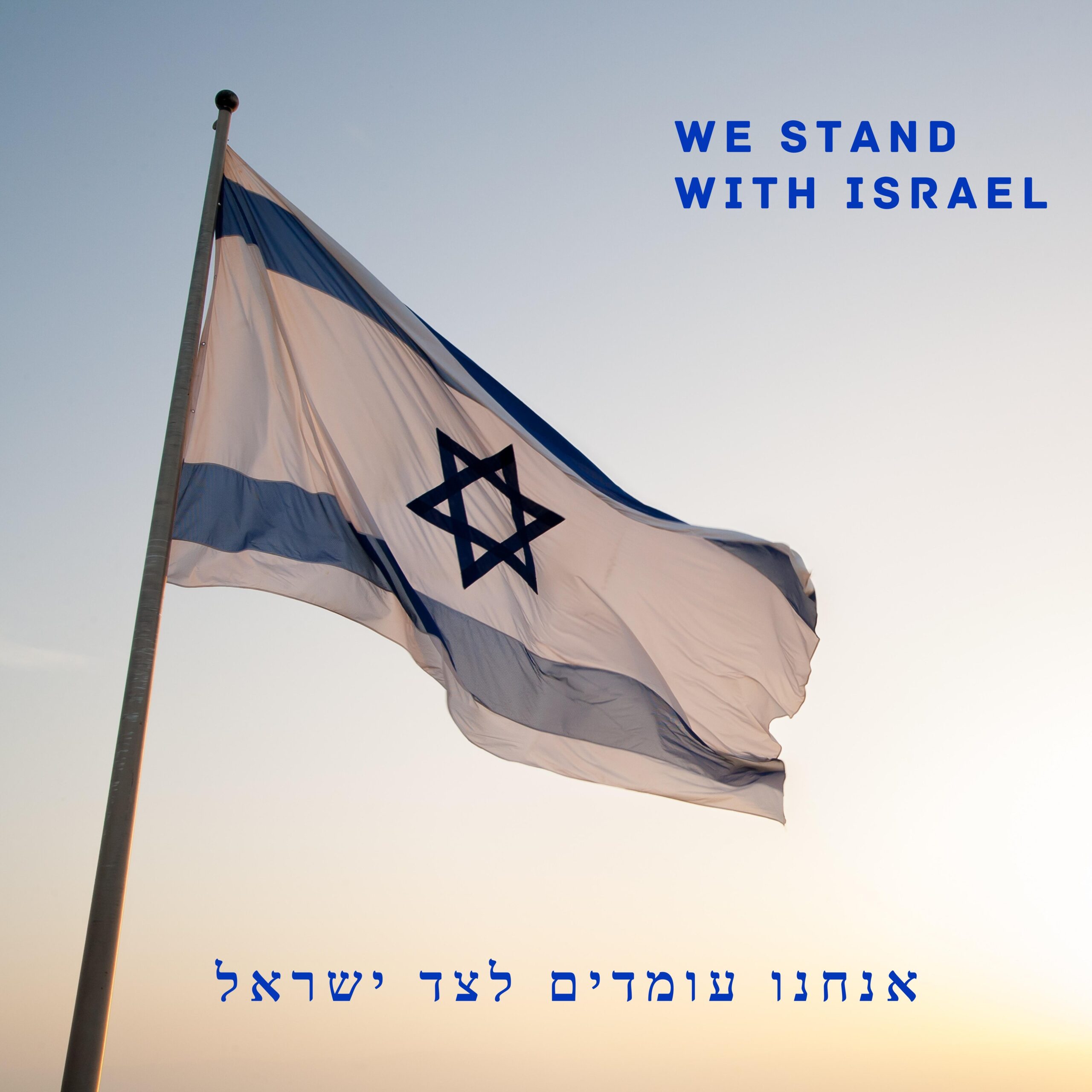Embracing Tikkun Olam – Our Shared Responsibility to Israel and Beyond

Sometimes, it’s easy to let important news stories become just another blip on our screens. But there are events so heart-shattering that they demand to be heard, felt, and deeply understood. The latest news out of Israel has shaken many of us to our core. Coming to terms with the horrifying actions of Hamas feels almost impossible.
As we unravel this conflict, we also witness the strong threads of solidarity that bind communities, like Boston, to distant lands in times of crisis. This piece seeks to shed light on the depth of the terror Israel faces while also celebrating the bonds of humanity that shine even in the darkest hours.
Hamas’ Calculated and Deliberate Brutality
The stories coming out of places like Kfar Aza are nothing short of heartbreaking. Imagine the shock of discovering the decapitated remains of innocent infants lost to the cruelty of Hamas. Then, there is the terrifying account of Hamas militants descending via paragliders onto an outdoor festival, mercilessly firing upon and kidnapping unsuspecting revelers. Major General Itai Veruv of the Israeli Defense Forces (IDF) couldn’t have described it better when he called it “a massacre.” Thinking about the over 700 Israelis, from grandparents to babies, who lost their lives in just one day is overwhelming. These aren’t just numbers. They’re entire families torn apart, dreams crushed, and futures that will never be realized.
The actions of Hamas, the Palestinian militant group that controls the Gaza Strip, in the ongoing conflict, have raised numerous concerns among international observers, highlighting their alarming strategies. While all conflicts inherently bear complexities, the tactics employed by Hamas distinctly stand out for their brutality and malevolence.
One of Hamas’ most horrifying strategies is the use of civilians as human shields. In addition to cowering behind Israeli hostages as human shields, they also use their own schools, hospitals, and residential areas as launching pads for their rocket attacks. This isn’t just a military tactic; it’s a calculated ploy. By locating their military infrastructure within civilian areas, they intentionally put innocent Palestinian lives at risk. This strategy serves two goals. First, it presents a moral challenge for the IDF whose goal is to avoid civilian casualties. Any retaliation by the IDF runs this risk, which can then be used by Hamas for propaganda purposes. Second, such tactics aim to exploit international media coverage. Civilian casualties, particularly when they involve vulnerable groups like children, inevitably draw international attention and condemnation. Hamas understands this all too well. By deliberately placing their military assets within civilian spaces, they aim to paint Israel as the aggressor.
And, Hamas often restricts the flow of information from Gaza, controlling narratives and ensuring that only images and stories that serve their purpose gain international traction. This suppression not only prevents a comprehensive understanding of the situation but also manipulates international sentiment against Israel.
In essence, Hamas’ strategy is not merely about confronting Israel militarily. It is equally about waging a psychological and propaganda war. Their approach relies heavily on manipulating perceptions and using the Palestinian civilian population as a shield, both physically and metaphorically.
Boston Stands with Israel
The enduring relationship between Boston and Israel is rooted in shared values, academic collaborations, business ties, and mutual admiration for innovation and resilience.
Boston’s prestigious academic institutions, including but not limited to Harvard, MIT, and Boston University, have fostered deep connections with their Israeli counterparts, like the Hebrew University of Jerusalem and the Technion. These partnerships have facilitated academic exchanges, joint research ventures, and a profound mutual understanding.
Beyond academia, Boston’s thriving tech ecosystem has significant overlaps with Israel’s ‘Startup Nation’ ethos. Many tech startups, biotech companies, and venture capital entities in Boston either originate from Israel or have robust collaborations with Israeli firms, signaling a profound economic symbiosis. The Jewish community in Boston, among the oldest in the U.S., plays a pivotal role in cementing these ties. They’ve acted as cultural ambassadors, fostering understanding, promoting cultural exchanges, and offering unwavering support, especially in times of crisis.
This bond is further highlighted by Boston’s hosting of numerous Israeli cultural events, from film festivals to music and art exhibitions. These events offer Bostonians a direct insight into Israeli culture, deepening the city’s appreciation and understanding of the nation.
Moreover, Israel’s current challenges evoke memories of Boston’s own adversities, such as the Boston Marathon bombings. The resilience demonstrated by Israelis during trying times finds resonance in Bostonians’ spirit of overcoming adversity.
At the heart of it all, Israel’s objective, like the U.S., like any country, is to protect its people. Our stand with Israel isn’t about politics. It’s about people, values, and shared human decency.
Tikkun Olam
In these trying times, standing with Israel is not just about a single nation’s struggle. It’s symbolic of a broader call to rally behind all nations and peoples who face injustice and brutality. While Israel is in immediate focus, our compassion and solidarity must extend to every corner of the globe where humanity is tested. The time for empathy is past; now is the time for action. There are a wealth of opportunities for those willing to make a difference. There are numerous organizations, both in the U.S. and internationally, where you can lend your hand, voice, or resources.
Tikkun olam, the beautiful Jewish principle of ‘repairing the world,’ teaches us that our responsibility stretches beyond our immediate communities. We are stewards not just of our own well-being but of the world’s. The essence of tikkun olam is that we, as a global community, owe it to ourselves and future generations to step up and make a tangible difference. Let’s begin the work of healing, rebuilding, and above all, repairing. Whether you choose to support Israel, other afflicted nations, or local communities in need, remember: every act of kindness, no matter how small, contributes to mending our shared world.